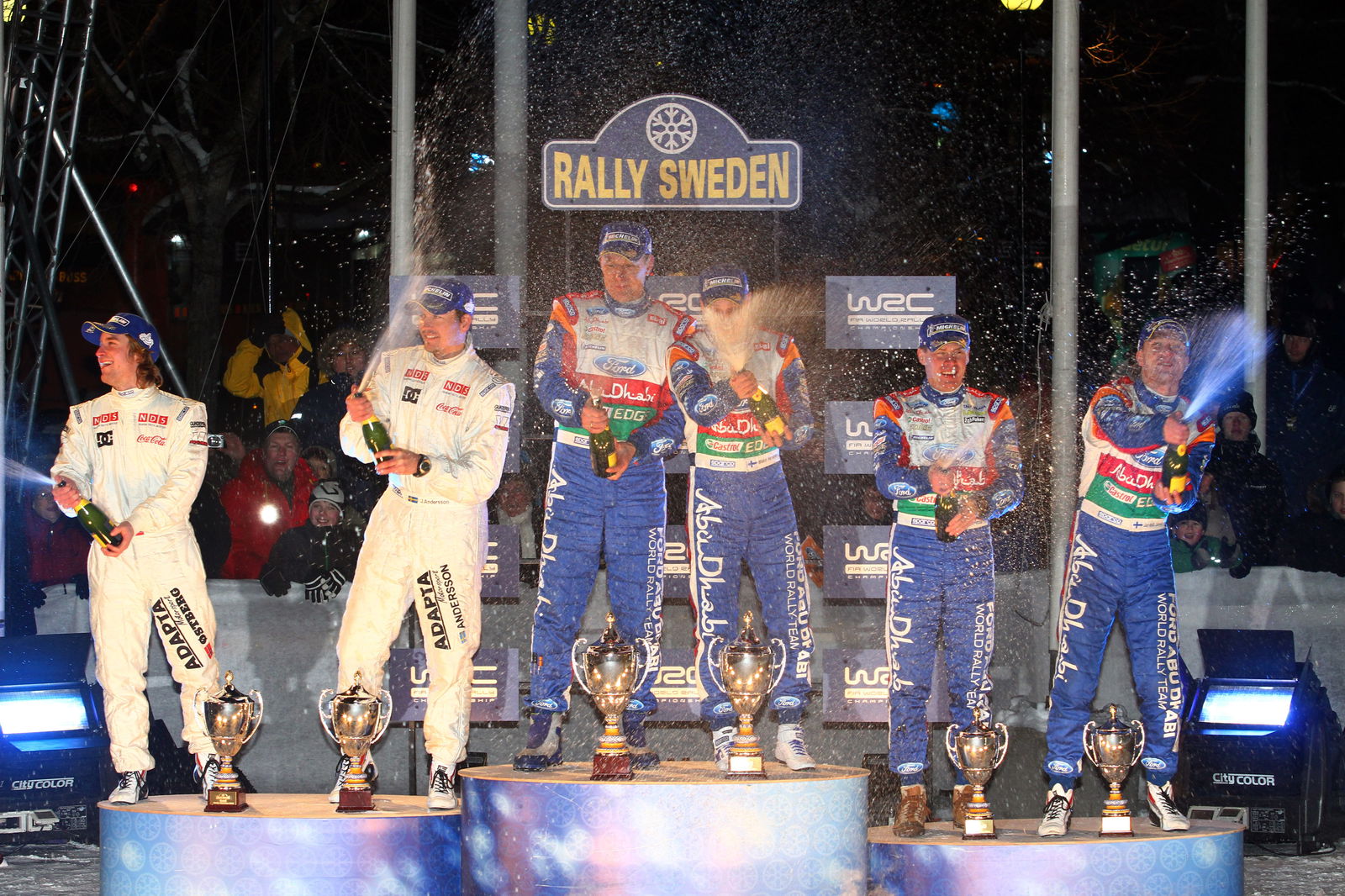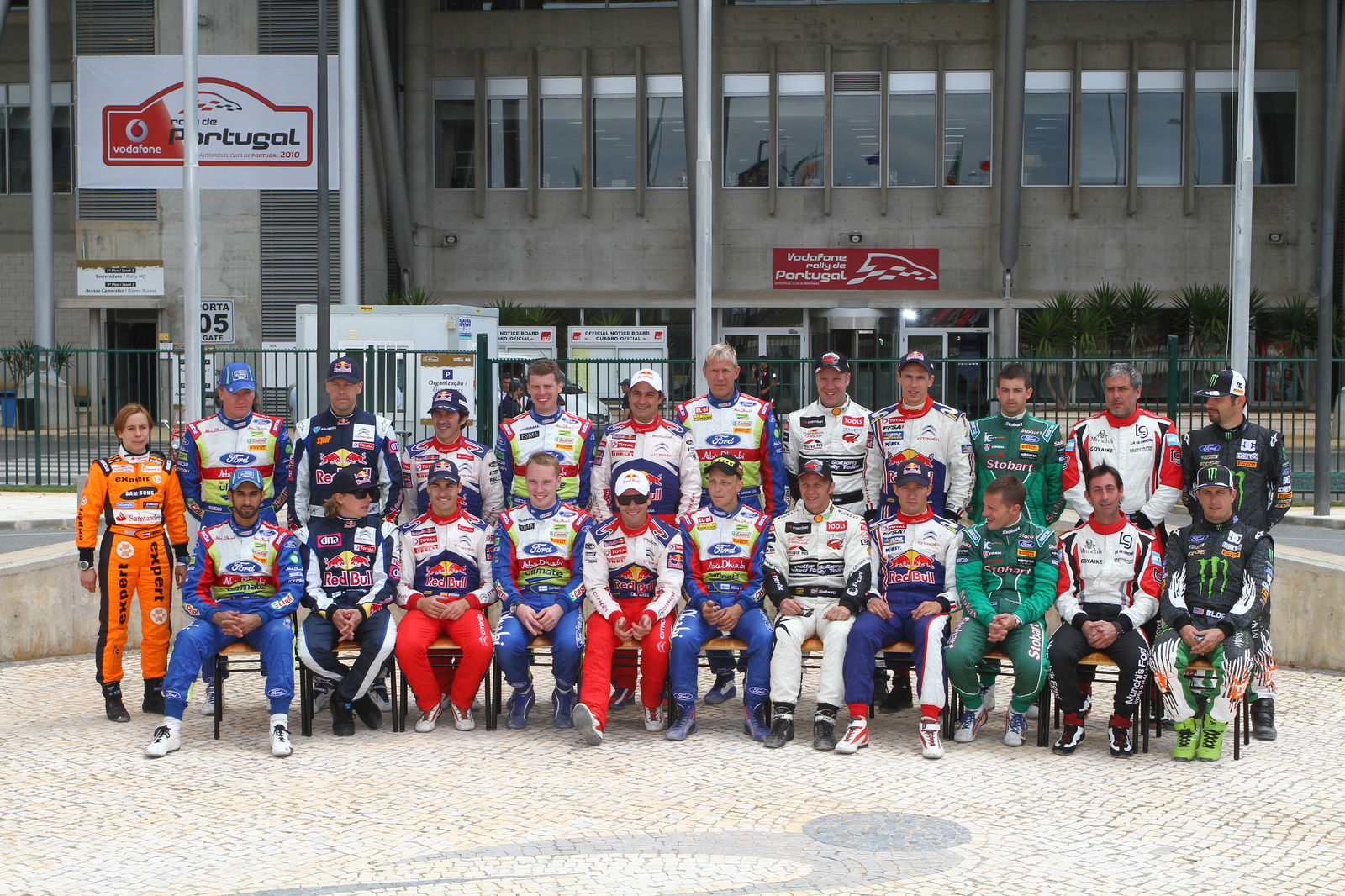Q&A: Neil Duncanson, North One TV

Q:
Why did North One Television sell North One Sport?
Neil Duncanson:
We acquired the old business, which was then called ISC (International Sportsworld Communicators) from original owners David Richards and private equity company Apax Partners in October 2007. The business was in poor shape and was losing a lot of money and both David and Apax wanted an exit. We had worked as the TV suppliers for ISC since 2001 and we were keen to both maintain our television interest and protect the WRC business. We acquired the business and then negotiated an agreement with the FIA to become the sport's first ever promoter, alongside the commercial and media rights holders.
However, North One Television's business is primarily content creation, production and ownership, rather than commercial and promotional management, so we always felt that we were only caretakers of that side of the business until a potential new partner came along with the resources to fulfil all our ambitions. But we managed to steady the ship during very difficult economic times, cut the losses and stabilise the business."
Q:
Will North One Television still be involved with WRC?
Neil Duncanson:
Absolutely, we are just as passionate as ever about the sport and its future, especially now we have a partner with the resources to bring North One Sport's plans to life. But we will remain as the content supplier to NOS, whether that's regular television, wrc.com, mobile, internet or anything else. We will continue to work very closely with Simon Long and his team to bring the sport to a broader audience worldwide.
Q:
How big can the WRC be?
Neil Duncanson:
Our view is that the WRC is the sport of the digital era. Unlike a football match, an F1 race or an NBA game, a WRC event can have anything between 20 and 30 stages and our goal is to transmit them all live on the internet, with a few key stages reserved for live linear television. The sport has a very exciting future with the convergence of all the TV, gaming, mobile and digital technologies and the coming years will see it grow dramatically.

